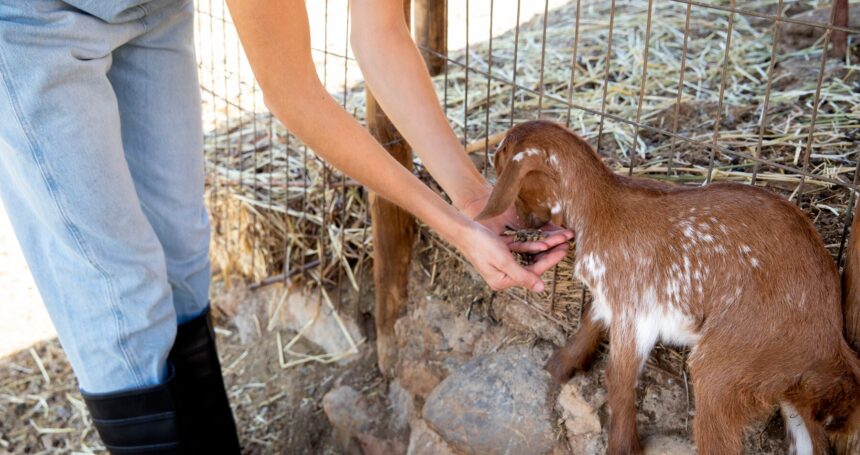Livestock farming plays a significant role in job creation and rural development. Here are some key points highlighting its importance:
- Employment Opportunities: Livestock farming provides direct and indirect employment opportunities in rural areas. Direct employment includes farmers, herders, veterinarians, and livestock caretakers. Indirect employment encompasses various support services such as feed suppliers, equipment manufacturers, transportation, and processing industries. These jobs contribute to rural livelihoods and economic growth.
- Income Generation: Livestock farming can generate income for rural communities. It offers a diversified income source, especially for small-scale farmers who may engage in multiple agricultural activities. Income generated from livestock farming can be used for investment, education, healthcare, and other economic activities, thereby improving the overall quality of life in rural areas.
- Value Addition and Processing: Livestock farming provides opportunities for value addition and processing of animal products. This includes activities such as milk processing, meat processing, leather production, and wool processing. Value addition creates additional employment and entrepreneurial opportunities, supporting rural development.
- Market Linkages: Livestock farming contributes to the development of local and regional markets. It promotes trade and commerce, connecting rural producers with urban consumers and export markets. This fosters economic development in rural areas by creating demand for livestock products and facilitating market integration.
- Ancillary Industries: Livestock farming stimulates the growth of ancillary industries. For instance, the dairy industry leads to the establishment of dairy cooperatives, milk collection centers, and milk processing plants. Similarly, the poultry industry drives the development of hatcheries, feed mills, and processing units. These ancillary industries create employment opportunities and enhance rural infrastructure.
- Sustainable Agriculture: Livestock farming can support sustainable agricultural practices. Integrating livestock with crop production allows for nutrient recycling, organic fertilizer production, and improved soil fertility. This holistic approach promotes environmentally friendly farming practices, enhances agricultural productivity, and contributes to rural development.
- Social Cohesion: Livestock farming plays a role in maintaining social cohesion and cultural heritage in rural communities. It preserves traditional farming practices, knowledge, and skills, fostering a sense of identity and pride among rural populations. It also facilitates the intergenerational transfer of agricultural expertise, ensuring the continuity of rural livelihoods.
However, it’s essential to balance livestock farming with environmental sustainability and animal welfare considerations. Proper management practices, including the promotion of sustainable grazing systems, waste management, and animal welfare standards, are crucial to ensuring the long-term viability and positive impact of livestock farming on job creation and rural development.
Join 'Farmers Mag' WhatsApp Channel
Get the latest Farming news and tips delivered straight to your WhatsApp
CLICK HERE TO JOIN






